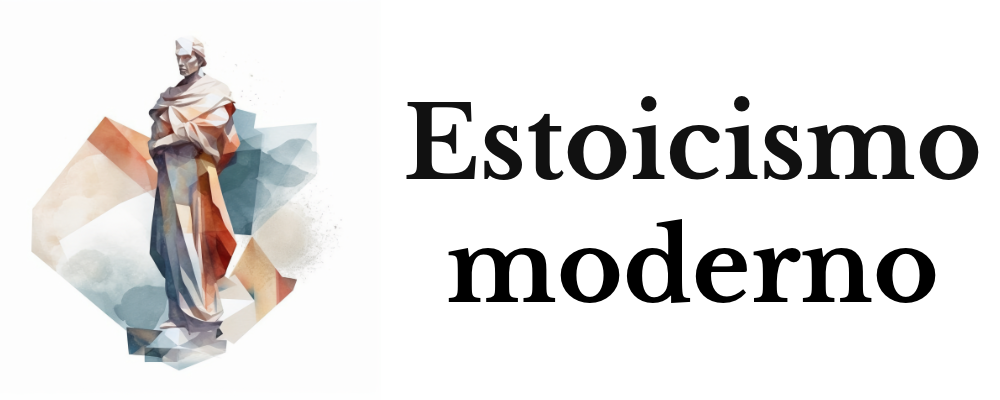In the shadow of old age, reflection and introspection often give rise to a garden of regrets. It is a garden nourished by the droplets of time’s rain, where each regret is a flower with its own scent of longing. However, the philosophical school of Stoicism, both in its ancient conception and in its modern reincarnation, offers us an enriching and balanced view of this garden of life.
Ancient Stoicism, as exemplified by philosophers like Epictetus, Seneca, and Marcus Aurelius, promoted virtue as the supreme good and considered negative emotions to be the result of errors in judgment. Regret, in its essence, would be a consequence of these erroneous judgments.
Consider, for example, the common regret of not having lived one’s own life. Ancient Stoicism would encourage us to free ourselves from external expectations, since the only thing we can truly control is our own will and actions. Similarly, the regret of working too much would be amended by the Stoic perspective that advises seeking balance and remembering that we are not merely productive machines, but human beings with a range of needs and desires.
The regrets of not keeping in touch with friends, not expressing feelings, and not taking care of one’s health are also seen through the Stoic prism. Friendship, emotional authenticity, and health are intrinsic aspects of life that Stoics valued and to which they devoted conscious care. Neglect or pride would be an error in judgment, a deviation from virtue.
While ancient Stoicism provides valuable guidance, there has also been a revival, a ‘new Stoicism’ that reflects changing circumstances and understandings of life. Yet, the fundamental principles remain: focusing on what we can control and the pursuit of virtue.
Not taking enough risks, for example, can be seen as a result of worrying too much about things outside our control. Stoicism reminds us that while we cannot control outcomes, we can control our actions and decisions. Something similar occurs with the regret of not learning more or not traveling more. Here, new Stoicism would emphasize the importance of self-determination and personal growth, elements we can control and cultivate.
Last regrets, like not dedicating more time to charity, not saving enough for retirement, not spending enough time with loved ones, and not taking care of relationships, all revolve around our interactions with the world and others. Here, both ancient and new Stoicism would unite in the exhortation to cultivate virtue in our relationships and to make conscious decisions to foster justice, generosity, and love.
From antiquity to the present, Stoicism offers us a compass to navigate the garden of life and regrets. It reminds us that although we cannot change the past, we can always learn from it and act in the present with wisdom and virtue. Ultimately, this is the key to living a full life, one that, when dusk comes, looks back with serenity instead of regret.









